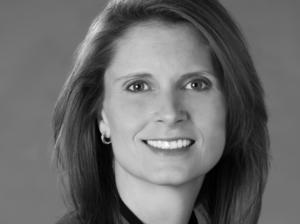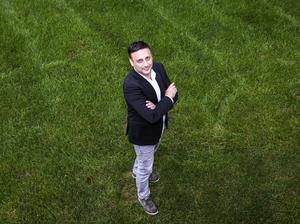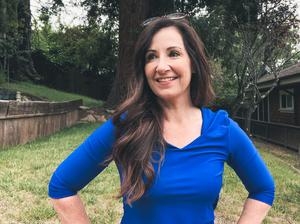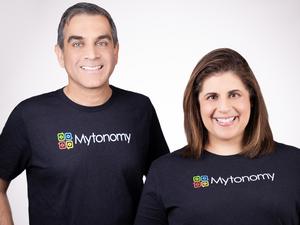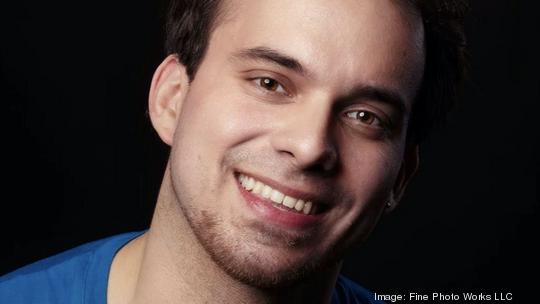
A local startup accelerator for founders with disabilities is launching a new tech program — with an assist from Google for Startups.
2Gether-International, a D.C. nonprofit that provides resources and opportunities to more than 300 entrepreneurs with disabilities, has teamed up with Google for Startups, the global tech giant’s entrepreneurship arm, to build a cohort of 12 to 15 business owners.
The virtual accelerator will run workshops, boot camps and speaker sessions focused on different areas of business, from management and marketing to financial projections and negotiations. In addition to that training by the District organization, Google will provide mentorship and cloud credits. The program will close with a pitch competition in December.
2Gether, also known as 2GI, plans to provide funding to the participating companies, and is still determining the size of its investments, though it will not take equity in any of the ventures, said founder and CEO Diego Mariscal. The nonprofit itself is funded by government support, grants, individual donors and corporate sponsorships.
Specifically, 2Gether is looking for tech-based businesses from across the country at the seed or Series A stages, each with a well-defined pitch deck or working prototype, Mariscal said. Those selected will be working on their startups full-time and must have a “growth mindset,” meaning they are open to learning and receiving feedback, he said.
And while each must be led by an individual with a disability, it’s not a requirement that they be working in the assistive technology area, Mariscal added.
2GI is now hiring for an accelerator manager who will oversee this cohort and others going forward. It’s also planning to bring on a business development manager in the near future, Mariscal said.
The organization is accepting applications to the tech cohort until Aug. 27, and expects to announce the selected members in mid-September. The accelerator is slated to start Oct. 4, coinciding with National Disability Employment Awareness Month.
The U.S. counts more than 60 million adults with disabilities, 60% of whom are financially vulnerable, according to 2Gether. So with this accelerator, 2Gether aims to create a model for inclusive programming around the world, according to Mariscal. Google for Startups also sees it as a potential gateway to more support and programming for disabled founders globally, Lisa Gevelber, Google's chief marketing officer for the Americas, said in a statement.
2Gether, which Mariscal founded in 2012, runs a variety of programs to support entrepreneurs with disabilities, including a recent women’s accelerator cohort. The organization also plans to introduce a program for minority founders, and others focused on certain geographic regions and industries, Mariscal said.
The founder, who also holds 2Gether's “chief disabled officer” title, has cerebral palsy.
“I’ve always been struck by the reality that people with disabilities, like me — we’re seen differently, we’re viewed differently, even if we’re protected by laws and regulations,” he said. “I remember when I was a kid, I asked a classmate if he wanted to play with me, and he said that his dad didn’t let him play with weird kids. So that idea of, ‘How do we change how society views disabilities?’ really stuck with me and has been the cornerstone of most of my work.”
The local entrepreneur who grew up in Monterrey, Mexico, went on to be involved with a number of disability advocacy initiatives — even swimming in the Mexican National Paralympics for a handful of years. He soon realized people with disabilities are uniquely positioned to succeed as entrepreneurs, he said.
“That mindset of constantly having to figure problems out is something that we have to do on a daily basis,” Mariscal said. “The genesis of 2Gether really started when we said, ‘Okay, how do we turn those innate skills that people with disabilities have from living a life with disabilities into entrepreneurship skills that can be used to foster innovation and creativity?”

